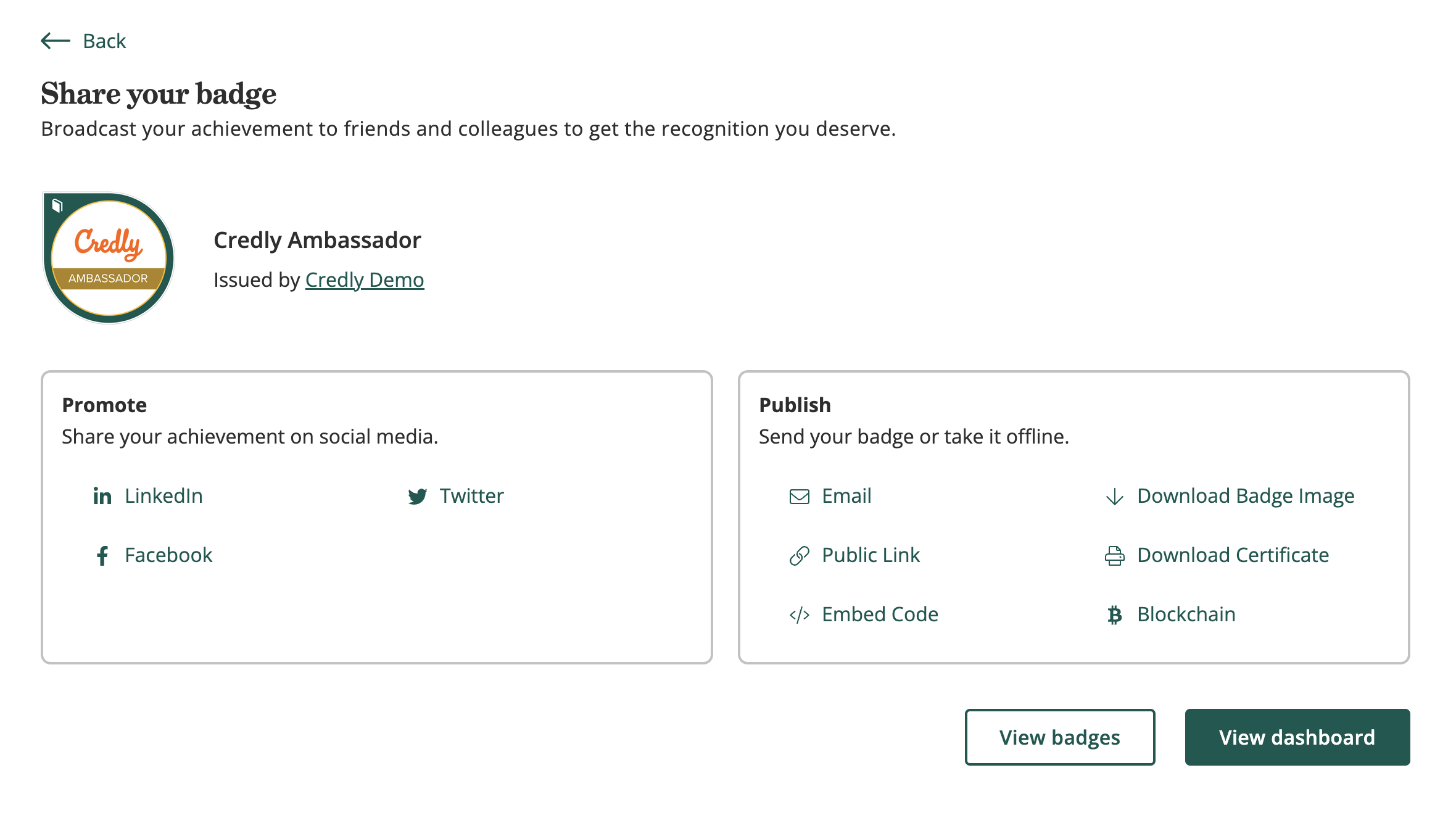Blockchain technology has emerged as a disruptive force, revolutionizing data storage, security, and verification across many industries. It is proving to be a game-changer in highly regulated sectors like healthcare, finance, and aviation, where competence, professionalism, and data security are paramount.
Industry experts believe that blockchain in the US healthcare market could reach $5.61 billion by 2025, helping solve pressing problems such as data breaches and counterfeit-related frauds and saving up to $100 billion annually. Similarly, the banking sector spends over $70 billion a year on compliance alone, and blockchain can help reduce these costs while increasing quality and efficiency.
Organizations that offer training in tightly regulated sectors can benefit from the growth of blockchain technology. This is especially important as they are subject to strict compliance standards and must maintain the utmost levels of proficiency and ethics.
Especially where conventional methods of managing and verifying training records often fall short, leaving room for fraud, human error, and damaging breaches that jeopardize safety, reputation, and regulatory compliance. Blockchain offers a promising solution to these challenges. By leveraging this revolutionary technology, training providers can ensure the security and integrity of their programs.
The Security Challenges Faced by Training Providers in Highly Regulated Industries
Highly regulated industries — such as IT, aviation, financial services, healthcare and manufacturing and engineering — have to navigate a distinct set of challenges to ensure the effectiveness of their training programs and compliance with regulatory requirements. These include:
- Data Integrity and Security: Sensitive and confidential data, such as patient health records, financial transactions, or classified information, are prevalent in highly regulated industries. Ensuring the integrity and security of this data is crucial to meet regulatory requirements and protect against data breaches or unauthorized access.
- Credential Verification: In highly regulated industries, verifying professional certifications and credentials is critical for ensuring the competence and compliance of new and existing employees. For example, healthcare providers need to verify medical professionals' medical licenses, certifications, and credentials to ensure patient safety and comply with healthcare regulations.
- Fraud Prevention: The value and sensitivity of the data involved in highly regulated industries make them more susceptible to fraudulent activities. The healthcare industry, for example, is a prime target due to the high value of medical data and the potential financial gains. According to National Health Care Anti-Fraud Association (NHCAA) estimates, healthcare fraud costs the United States tens of billions of dollars annually. Counterfeit pharmaceutical products or fraudulent financial transactions can, of course, have severe consequences. Implementing robust fraud prevention measures, such as secure and transparent record-keeping systems powered by blockchain, is, therefore, crucial to mitigate these risks.
Leveraging Blockchain for Security and Integrity in Training Programs
Blockchain is a secure database shared across a network of participants, where up-to-date information is available to all participants at the same time. At its core, blockchain technology is a decentralized and immutable ledger that records transactions or data across a network of computers.
Digital credentials issued on the blockchain are digitally created, verified, and stored on a blockchain network. These credentials represent a secure and tamper-proof way of documenting and verifying individuals' achievements, skills, qualifications, or accomplishments.
Unlike traditional paper-based certificates or digital credentials stored in centralized databases, by utilizing blockchain for training programs in highly regulated industries, several key benefits can be realized:
- Ensuring Data Integrity and Security
Digital credentials published via blockchain provide enhanced data integrity and security. Storing credentials on a decentralized and immutable ledger ensures that the data cannot be tampered with or altered without leaving a trace. This guarantees the trustworthiness and authenticity of the credentials, reducing the risk of fraudulent activities or unauthorized modifications.
- Streamlining Credential Verification
Blockchain-based digital credentials enable easy and efficient verification. Instead of relying on manual processes or contacting multiple sources, stakeholders can access the blockchain to verify the authenticity and validity of the credentials. This streamlined verification process saves time and effort for both employers and regulatory bodies, leading to improved efficiency and accuracy.

- Enhancing Fraud Prevention Measures
Digital credentials on the blockchain enhance fraud prevention measures. Blockchain's decentralized and transparent nature makes it highly resistant to fraud and counterfeiting. The immutability of blockchain records ensures that credentials cannot be forged or modified without detection. This instils trust in the authenticity and accuracy of the credentials, mitigating the risk of fraudulent activities.
Stand out from the competition
Training providers operating in highly regulated industries face challenges in meeting compliance requirements and maintaining high standards. Conventional methods of managing training records often fall short, leaving room for fraud and breaches. However, blockchain technology's immutability and decentralized nature create a robust foundation that mitigates risks, protects against fraud, and upholds regulatory compliance.
Adopting blockchain-based digital credentials enables training providers to ensure the security and integrity of their programs while streamlining verification processes.
If you want to stand out from your competitors and take advantage of the growing need for blockchain-based digital credentials, especially in industries with strict regulations, you can access our latest whitepaper below. It offers detailed information on the specific obstacles you may encounter while interacting with these industries and how to leverage blockchain technology to create digital credentials.
